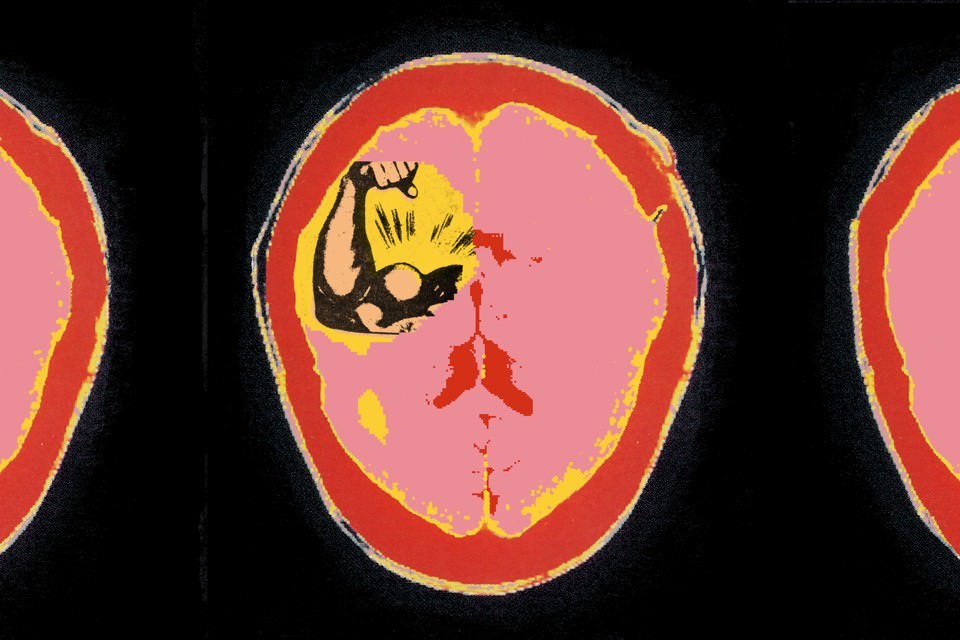Over time, leaders lose mental capacities—most notably for reading other people—that were essential to their rise.

IF POWER WERE a prescription drug, it would come with a long list of known side effects. It can intoxicate. It can corrupt. It can even make Henry Kissinger believe that he’s sexually magnetic. But can it cause brain damage?
When various lawmakers lit into John Stumpf at a congressional hearing last fall, each seemed to find a fresh way to flay the now-former CEO of Wells Fargo for failing to stop some 5,000 employees from setting up phony accounts for customers. But it was Stumpf’s performance that stood out. Here was a man who had risen to the top of the world’s most valuable bank, yet he seemed utterly unable to read a room. Although he apologized, he didn’t appear chastened or remorseful. Nor did he seem defiant or smug or even insincere. He looked disoriented, like a jet-lagged space traveler just arrived from Planet Stumpf, where deference to him is a natural law and 5,000 a commendably small number. Even the most direct barbs—“You have got to be kidding me” (Sean Duffy of Wisconsin); “I can’t believe some of what I’m hearing here” (Gregory Meeks of New York)—failed to shake him awake.
What was going through Stumpf’s head? New research suggests that the better question may be: What wasn’t going through it?
The historian Henry Adams was being metaphorical, not medical, when he described power as “a sort of tumor that ends by killing the victim’s sympathies.” But that’s not far from where Dacher Keltner, a psychology professor at UC Berkeley, ended up after years of lab and field experiments. Subjects under the influence of power, he found in studies spanning two decades, acted as if they had suffered a traumatic brain injury—becoming more impulsive, less risk-aware, and, crucially, less adept at seeing things from other people’s point of view.
This story is from the July/August 2017 edition of The Atlantic.
Start your 7-day Magzter GOLD free trial to access thousands of curated premium stories, and 8,500+ magazines and newspapers.
Already a subscriber ? Sign In
This story is from the July/August 2017 edition of The Atlantic.
Start your 7-day Magzter GOLD free trial to access thousands of curated premium stories, and 8,500+ magazines and newspapers.
Already a subscriber? Sign In

After the Miracle
Cystic fibrosis once guaranteed an early deathbut a medical breakthrough has given many patients a chance to live decades longer than expected. What do they do now?

WILLIAM WHITWORTH 1937-2024
WILLIAM WHITWORTH, the editor of The Atlantic from 1980 to 1999, had a soft voice and an Arkansas accent that decades of living in New York and New England never much eroded.

Christine Blasey Ford Testifies Again
Her new memoir doubles as a modern-day horror story.

Is Theo Von the Next Joe Rogan?
Or is he something else entirely?

Orwell's Escape
Why the author repaired to the remote Isle of Jura to write his masterpiece, 1984

What's So Bad About Asking Where Humans Came From?
Human origin stories have often been used for nefarious purposes. That doesn't mean they are worthless.

Miranda's Last Gift
When our daughter died suddenly, she left us with grief, memories and Ringo.

BEFORE FACEBOOK, THERE WAS Black Planet
An alternative history of the social web

CLASH OF THE PATRIARCHS
A hard-line Russian bishop backed by the political might of the Kremlin could split the Orthodox Church in two.

THE MAN WHO DIED FOR THE LIBERAL ARTS
Chugging through Pacific waters in February 1942, the USS Crescent City was ferrying construction equipment and Navy personnel to Pearl Harbor, dispatched there to assist in repairing the severely damaged naval base after the Japanese attack.